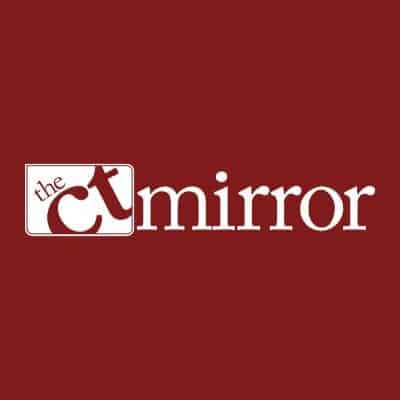 The CT Mirror Article Rating
The CT Mirror Article RatingSupreme Court affirmative action ruling ruffles Yale, CT schools
- Bias Rating
-50% Medium Liberal
- Reliability
65% ReliableAverage
- Policy Leaning
-50% Medium Liberal
- Politician Portrayal
84% Negative
Continue For Free
Create your free account to see the in-depth bias analytics and more.
Continue
Continue
By creating an account, you agree to our Terms and Privacy Policy, and subscribe to email updates. Already a member: Log inBias Score Analysis
The A.I. bias rating includes policy and politician portrayal leanings based on the author’s tone found in the article using machine learning. Bias scores are on a scale of -100% to 100% with higher negative scores being more liberal and higher positive scores being more conservative, and 0% being neutral.
Sentiments
N/A
- Liberal
- Conservative
| Sentence | Sentiment | Bias |
|---|---|---|
Unlock this feature by upgrading to the Pro plan. | ||
Reliability Score Analysis
Policy Leaning Analysis
Politician Portrayal Analysis
Bias Meter
Extremely
Liberal
Very
Liberal
Moderately
Liberal
Somewhat Liberal
Center
Somewhat Conservative
Moderately
Conservative
Very
Conservative
Extremely
Conservative
-100%
Liberal
100%
Conservative

Contributing sentiments towards policy:
65% : Prior to Thursday's decision, Yale has been vocal about its support for affirmative action and filed a brief to the Supreme Court about it last year.64% : He was among a group of state attorneys general that had filed a brief with the Supreme Court noting their support for affirmative action.
64% : Yale is among a number of Connecticut schools that were vocal in their support of affirmative action before the ruling.
63% : When the high court heard oral arguments on the two cases last fall, various student groups at Yale University and students of color traveled to Washington, D.C. to rally in support of affirmative action.
61% : no matter what happens, we will still urge nationally and locally anywhere but specifically toward Yale to continue their support for affirmative action," said Aly Moosa, a co-moderator of Yale University's Asian American Students Alliance.
61% : Yale was one of 15 higher education institutions to submit a brief last August in support of affirmative action policies and universities' independent academic judgment.
58% : But student groups in the state are pressing institutions to keep doing more beyond statements of support for affirmative action.
57% : A few liberal arts colleges in Connecticut -- Wesleyan University, Connecticut College and Trinity College -- also submitted a brief to the Supreme Court supporting affirmative action.
56% : "Affirmative action isn't just a quota or diversity and ensuring there are enough X number of students of color," Moosa said.
53% : And some fear ending affirmative action could extend beyond admissions in higher education and possibly affect diversity, equity and inclusion efforts at workplaces.
51% : On a personal level, he said it is "disheartening" to see students within the Asian American community split over affirmative action.
51% : Yale has faced its own lawsuits when it comes to challenges against its use of affirmative action.
48% : Universities and colleges across Connecticut are vowing to protect diversity and opportunities for students of color in the wake of Thursday's Supreme Court ruling that significantly weakens affirmative action -- a practice many of these schools have used for years when considering prospective students.
44% : Student advocates like Moosa argue there are misconceptions about affirmative action and say it is part of a larger fight toward achieving racial equity.
43% : Affirmative action has been a hotly debated issue for decades.
40% : Legal experts have warned that the admittance of Black and Latino students would decrease if affirmative action ended, pointing to the decline after states like California banned the practice.
*Our bias meter rating uses data science including sentiment analysis, machine learning and our proprietary algorithm for determining biases in news articles. Bias scores are on a scale of -100% to 100% with higher negative scores being more liberal and higher positive scores being more conservative, and 0% being neutral. The rating is an independent analysis and is not affiliated nor sponsored by the news source or any other organization.

























